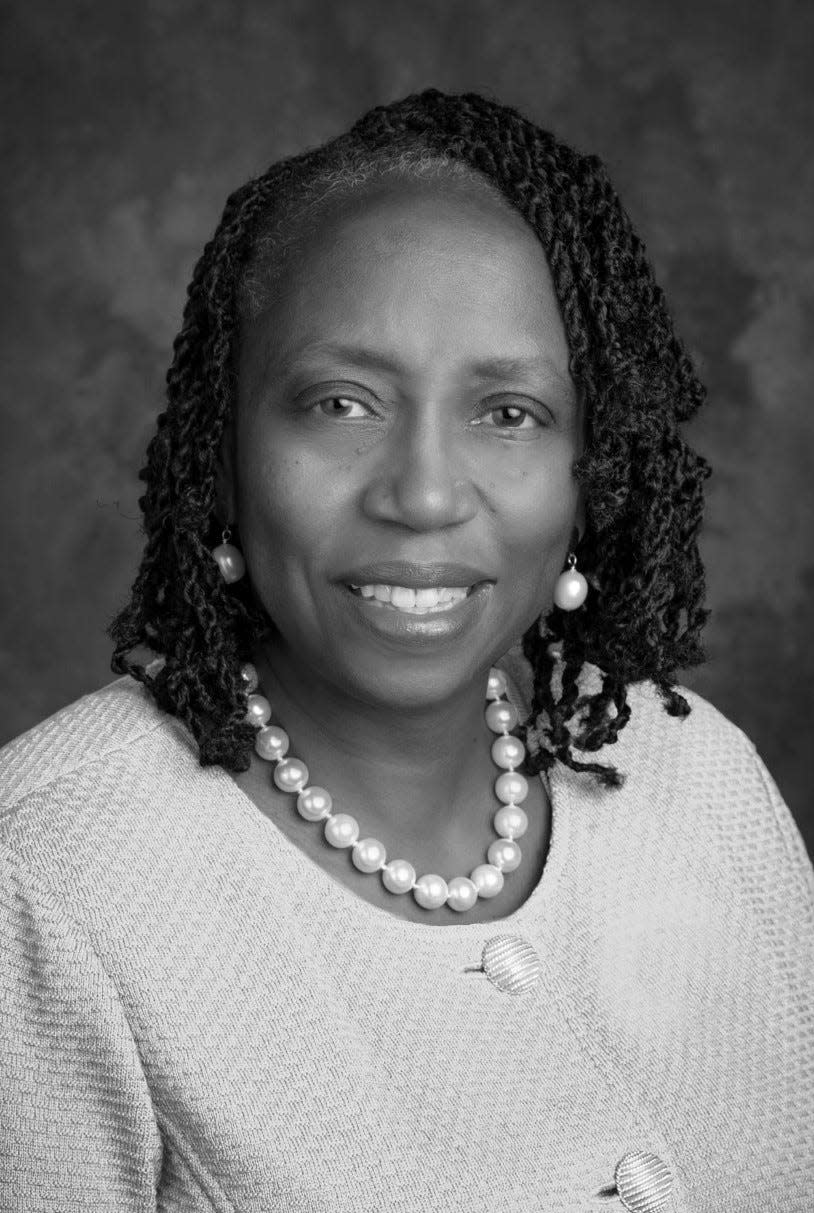NC’s congressional delegation should come together and protect everyone’s right to vote
Too often, the fight for voting rights — or, rather, the battle to limit voting rights — is framed within the urban and suburban perspective. Left out of the conversation, once again, are those living in rural America who already face unique and overwhelming obstacles to the ballot box.
The current fight among some politicians, including right here in North Carolina, to limit our sacred right to vote will have equal, if not larger, consequences for those living in rural communities across the Tar Heel state.
It’s no secret that North Carolina is a “swing state.” We can change the balance of power, be it the presidency or the U.S. Senate. We are not blue or red. We think for ourselves, we make our decisions, and then we go and vote. It’s as simple as that.
One thing that makes our state so politically split is the urban-rural divide — a situation not unique to just North Carolina. Because of this divide, rural voters play an essential role in balancing the state’s political power and influence.
More: Alexander H. Jones: New poll paints compelling, alarming picture of NCGOP
However, the recent attacks on our right to vote from the state legislature puts rural communities at a major disadvantage, disenfranchises thousands from the process, and erases their political power. We cannot let this happen.
The legislation supported by state leaders includes attempts to roll back pandemic-related expansion to mail-in access by reducing the time to request and return an absentee ballot (SB 326, cleverly called the “Election Integrity Act”); a ban on county elections boards from using private donations to support their elections (SB 725); and placing additional, burdensome requirements on some people who need voter IDs by mandating they vote in person (SB 724).
While intended to hurt urban and suburban voting rights, these dangerous and unnecessary bills will no doubt limit the participation of many of the older, rural, and blue-collar voters, who make up most of the state’s electorate.
The fact remains that urban, suburban, college-educated voters are more likely to have the resources needed to overcome restrictions, and often they do. Those living in rural communities, who lack the same resources as Charlotte, Raleigh and Winston-Salem, will be hurt the most.

Luckily for us, Gov. Roy Cooper has been able to block these partisan bills and has stood firm in his support for the right to vote. But the national trend is far more terrifying, invites our outrage and demands a response.
Across the country, hundreds of bills that disenfranchise voters have passed state legislatures and been signed into law by governors, limiting citizens’ fundamental rights. These bills represent the most concentrated effort to squash these crucial rights, from early voting to vote-by-mail to even where one may cast their ballot.
As a former Cumberland County Democratic Party Chair, I know firsthand how important it is to have open, accessible, and fair elections. And as a proud, retired U.S. Army Veteran, I also know that our democracy relies on the right for every American — urban, rural, Black, white, brown, young, and old — to exercise their fundamental right to vote without obstruction nor burden.
In response to the states putting up these obstacles, members of Congress have proposed common-sense legislation to protect the right to vote, make our elections freer and fairer, and promote safety, security, and transparency up-and-down the ballot. Through the Freedom to Vote Act and the John Lewis Voting Rights Advancement Act, Congress would ensure that the people of the United States can freely participate in their most basic civic duties.
More: Troy Williams: What would MLK think of today’s America?
The Freedom to Vote Act is simple: It expands voter registration, establishes Election Day as a federal holiday (so that work can never again stop someone from voting), creates new criminal offenses for interfering with another citizen’s right to register or to vote, and would require all states to conduct post-election audits for federal elections.
The John Lewis Voting Rights Advancement Act protects voters from discriminatory state voting laws by reestablishing criteria for preclearance, which is the process of receiving approval from the U.S. Dept. of Justice before making any legal changes that would affect voting rights. Preclearance was the biggest achievement of the Voting Rights Act of 1965, a law that enfranchised those who experienced systemic and shameful barriers to the voting booth. We must ensure we never return to those dark days.
While the House has passed these crucial bills, progress has stalled, once again, in the Senate. This month will be a critical test of where we stand as a country, with voting rights taking center stage in the legislative fight.
More: Tar Heel Voices: Exit polls offer useful insights
I am calling on the North Carolina delegation to U.S. Congress and their colleagues to support these bills and defend our most sacred, democratic institutions. They must put voting rights at the forefront of their agenda so that all of North Carolinians have equitable access to the voting booth. As servants of the people and who were duly elected by, we the people, they, more than anybody else, should know how essential it is that all of us have a voice.
Let's come together as Americans, not as Republicans or Democrats, and support these common-sense bills that entrust the voters to make their own decisions for them and their communities.
Dr. Vikki Andrews is a member of the Rural Voices USA NC Steering Committee, a former Cumberland County Democratic Party chair and a U.S. Army veteran.
This article originally appeared on The Fayetteville Observer: Opinion: Attacks on our right to vote erases political power

